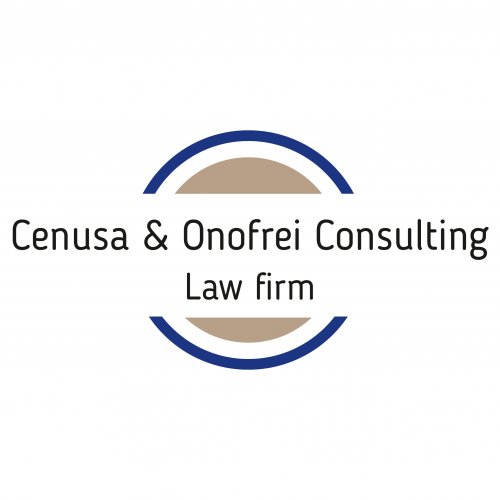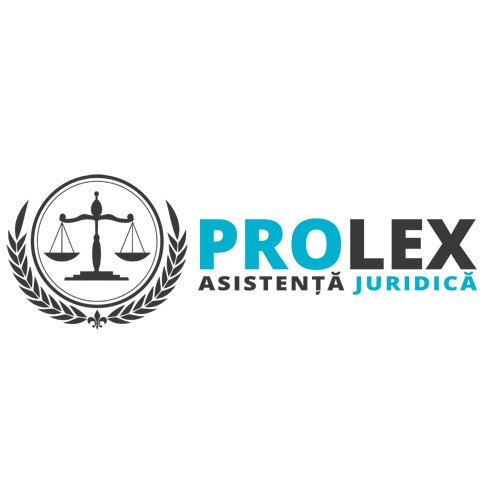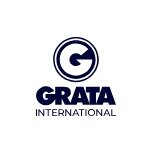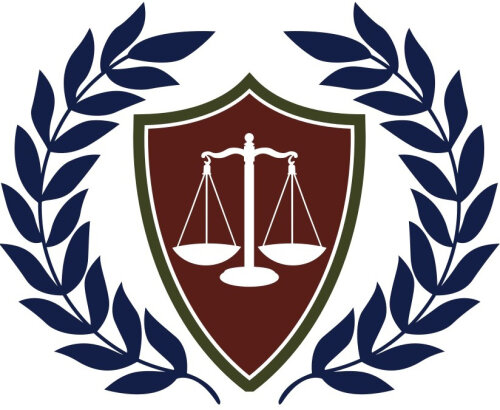Best Tax Lawyers in Chisinau
Share your needs with us, get contacted by law firms.
Free. Takes 2 min.
List of the best lawyers in Chisinau, Republic of Moldova
About Tax Law in Chisinau, Republic of Moldova
The Republic of Moldova, including its capital city Chisinau, operates under a mix of the progressive tax and flat tax systems. The tax laws are governed by the Tax Code of Moldova, designed to aggregate taxes and charges, the tax regime and the structure of the tax authorities. The taxes encompass income tax, value added tax (VAT), excise taxes, local taxes, and social security contributions. Non-residents are taxed only on their Moldovan-sourced income.
Why You May Need a Lawyer
Understanding tax laws can be complex, especially for someone not familiar with Moldova's legal framework. A tax lawyer can guide you through complicated tax situations such as business tax issues, audits, tax fraud investigations, tax disputes, or if you are considering taking legal action against the tax authorities. Having professional advice can ensure you comply with all necessary tax laws and avoid potential penalties.
Local Laws Overview
The key features of Moldova's tax laws include a flat tax on corporate profit of 12% and a progressive personal income tax that ranges from 12% to 18%. VAT is generally levied at a standard rate of 20%, with a reduced rate of 8% applied to certain goods and services. Also noteworthy are the substantial penalties for tax evasion, which can be up to 100% of the understated tax.
Frequently Asked Questions
What are the tax rates in Moldova?
The corporate tax rate is a flat rate of 12%. Personal income tax ranges from 12% to 18%, depending on income levels. VAT is set at 20%, with a reduced rate of 8% for certain goods and services.
What are the penalties for tax evasion?
The penalties for tax evasion in Moldova can be severe, ranging up to 100% of the understated tax.
Can foreigners buy real estate in Moldova?
Foreigners can buy real estate in Moldova. However, they are subject to a property transfer tax of 4% on the transaction value.
Do I have to pay taxes if I work remotely for a foreign company?
Yes, Moldovan residents are required to pay personal income tax on their global income, which would include income earned from a foreign company, even if the work is performed remotely.
What is the tax year in Moldova?
The tax year in Moldova is the calendar year, starting on January 1st and ending on December 31st.
Additional Resources
The Tax Service of Republic of Moldova and the Ministry of Finance are two key governmental bodies that handle tax matters. They provide a wealth of information, including tax rates, tax law updates, and tax registration procedures. For law-related inquiries, the Moldovan Bar Association and the Moldova Law Society can provide helpful resources. Lastly, various international law firms operating in Moldova may provide detailed tax law guides on their websites.
Next Steps
If you need legal assistance with tax matters, the best first step is to hire a tax lawyer familiar with Moldova's tax laws. You can do so through local and international law firms, or through the Moldova Bar Association. Once you have legal representation, they can guide you through your specific tax situation, may it be for individual or corporate matters. Always remember to ask any questions you may have, and to keep your lawyer informed of any changes to your financial situation.
Lawzana helps you find the best lawyers and law firms in Chisinau through a curated and pre-screened list of qualified legal professionals. Our platform offers rankings and detailed profiles of attorneys and law firms, allowing you to compare based on practice areas, including Tax, experience, and client feedback.
Each profile includes a description of the firm's areas of practice, client reviews, team members and partners, year of establishment, spoken languages, office locations, contact information, social media presence, and any published articles or resources. Most firms on our platform speak English and are experienced in both local and international legal matters.
Get a quote from top-rated law firms in Chisinau, Republic of Moldova — quickly, securely, and without unnecessary hassle.
Disclaimer:
The information provided on this page is for general informational purposes only and does not constitute legal advice. While we strive to ensure the accuracy and relevance of the content, legal information may change over time, and interpretations of the law can vary. You should always consult with a qualified legal professional for advice specific to your situation.
We disclaim all liability for actions taken or not taken based on the content of this page. If you believe any information is incorrect or outdated, please contact us, and we will review and update it where appropriate.
















